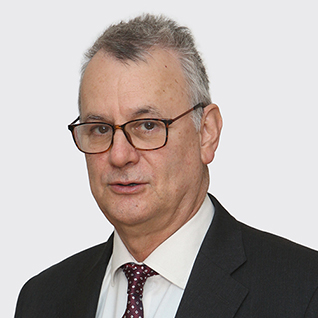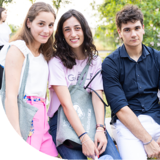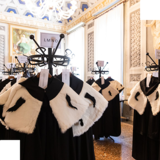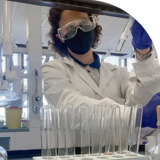For students it is an avant-garde, dynamic and open environment; most of the courses include practical laboratory experiences, some degree programmes are entirely delivered in English and it is possible to spend periods of study abroad at important partner universities. The topics dealt with in the classroom are very topical and concern all the dimensions and stages of the agri-food system, following the logic defined "from farm to fork" (from the field to the table).
We study the evolution of the most sophisticated agricultural production techniques, as well as those of the most modern industrial transformation; everything is inspired by the principles of sustainability and responsibility towards the environment. Unequal food distribution between the North and the South of the world, pollution and climate change, new healthy lifestyles, the potential of Made in Italy food products in international markets: these are just some of the topics that will be explored in the courses by our professors/lecturers.
In line with these requirements, the Faculty has constantly renewed the contents of its scientific and teaching activities, including an in-depth study of the evolution of the most sophisticated agricultural production techniques, as well as those of the most modern industrial transformation; everything is inspired by the principles of sustainability and responsibility towards the environment. This translates into updated and innovative study plans in which there is space for highly topical issues such as the unequal distribution of food between northern and southern countries, pollution and climate change, new healthy lifestyles and the export potential of Made in Italy food products.
The effectiveness of classroom teaching is guaranteed by an optimal ratio between the number of students and professors/lecturers. In addition to this, students can attend a high number of hours of laboratory exercises and field visits; this is a distinctive feature of the Faculty, much appreciated by students as it allows them to experiment concretely the principles studied in the theoretical manuals.
 Dean: Prof. Marco Trevisan
Dean: Prof. Marco Trevisan




